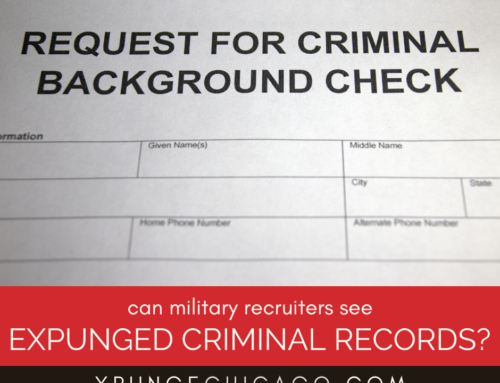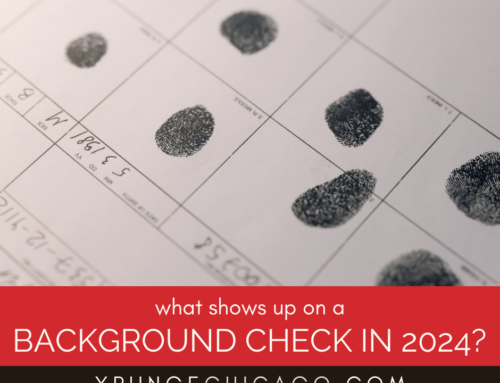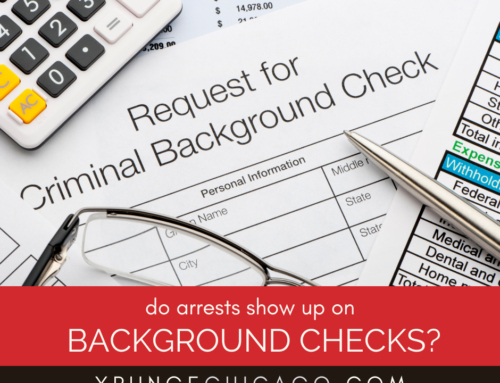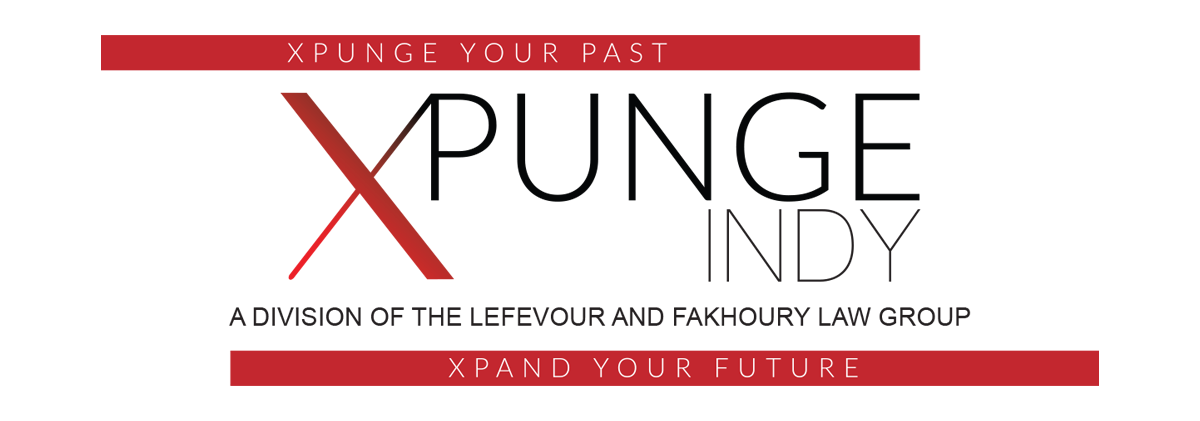
A background check is a way to search someone’s personal background information. It can include things like criminal records, addresses, education and more. Depending on who’s doing the checking, the type of information varies greatly. This guide explains what comes up on criminal background checks – and what you can do if you have a criminal record you don’t want anyone to see.
Individual Background Checks
For individuals, a basic criminal background check will typically include any convictions or charges in the past seven years. Depending on who’s checking and where they are looking, this can include everything from traffic violations to felony convictions. It can also include things like arrests that didn’t lead to conviction, expunged records and sealed records.
Related: How to overcome negative information in a pre-employment background check
Employment Based Background Checks
Employers often run criminal background checks on potential employees. These checks can be more comprehensive and may include the same types of information as individual background checks, but they could also include things like credit reports, driving records and more.
Related: Why employers run background checks
Landlord Background Checks
Landlords typically run criminal background checks to make sure that someone is not a threat to other tenants or the property. Landlord criminal background checks can include a range of information, including arrests, convictions and any pending charges.
Related: Why landlords run background checks
What is Expungement in Illinois?
In Illinois, expungement is the legal process of erasing your criminal history. When your record is expunged, the agencies that have copies of it must destroy it or return them to you. A judge orders this to happen, which means your records will no longer exist after a judge grants your expungement petition. However, expungement is different from ceiling, which the following section explains.
What is Sealing in Illinois?
Sealing is a process that prevents someone from accessing your criminal records. Sealed records are still available to law enforcement and other government agencies, but their contents cannot be accessed by potential employers or landlords. In Illinois, petitioners who want to seal their record must fill out a petition to ask a judge to seal them. If the petition is approved, the records will be sealed from public view. However, it’s important to note that the records still exist and can be accessed if necessary.
Overall, understanding what comes up on criminal background checks depends on who’s doing the checking and where they are looking for information. For individuals, a basic check may include convictions from the past seven years, while employment-based background checks and landlord checks may be more comprehensive. In Illinois, a person can expunge or seal their records, which can help prevent others – including potential employers or landlords – from accessing it.
Do You Need to Talk to an Attorney About Expungement or Sealing?
If you’re tired of your criminal past coming back to bite you, we may be able to help. Call us right now at 847-920-4540 or fill out the form below so we can talk about your case.
Oops! We could not locate your form.














